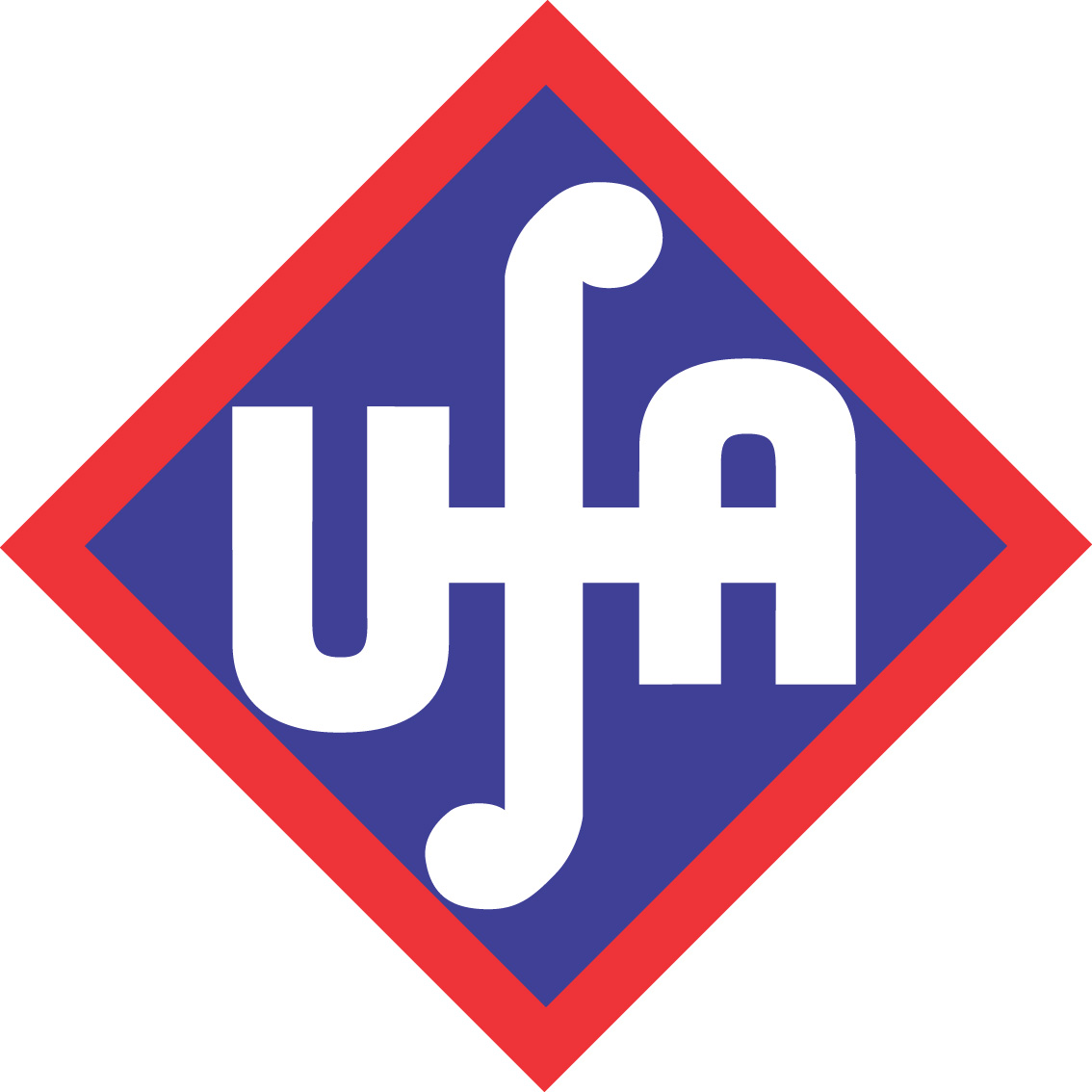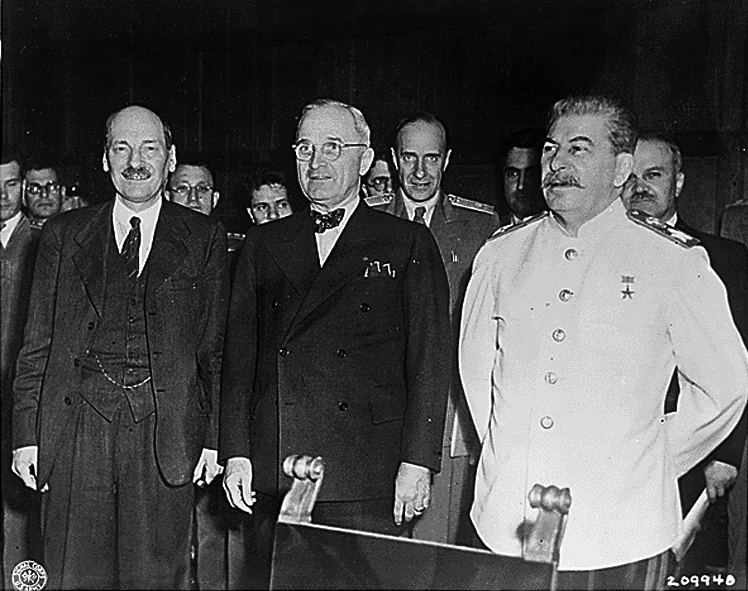|
Wien-Film
Wien-Film GmbH ("Vienna Film Limited") was a large Austrian film company, which in 1938 succeeded the Tobis-Sascha-Filmindustrie AG (Sascha Film Company) and lasted until 1985. Until 1945 the business was owned by the Cautio Trust Company (''Cautio Treuhandgesellschaft''), a subsidiary of the German '' Reichsfilmkammer'', and was responsible for almost the entire production of films in the territory of the Ostmark, as Austria was called at that time. History Nazi Era The German Anschluss of Austria in 1938 put an end to the country's independent film production. The German-Austrian Tobis-Sascha-Filmindustrie AG, which had already been sold, under pressure, to the Cautio Trust Company, was transformed on 16 December into Wien-Film. The new company was officially presented with a new mission statement, signed by Joseph Goebbels: "In competition with the other arts, the purpose of film is to give form to what satisfies human hearts and what makes them shudder, and by the revelat ... [...More Info...] [...Related Items...] OR: [Wikipedia] [Google] [Baidu] |
Karl Hartl
Karl Hartl (10 May 1899 – 29 August 1978) was an Austrian film director. Life Born in Vienna, Hartl began his film career at the Austrian Sascha-Film company of Alexander Kolowrat and from 1919 was assistant to the Hungarian director Alexander Korda. As a production manager, he in the 1920s accompanied Korda to Berlin, until in 1926 he returned to Vienna to work for his former class-mate director Gustav Ucicky. From 1930 he worked for Universum Film AG (UFA) and debuted as director of ''Ein Burschenlied aus Heidelberg'' ("A Fraternity Song from Heidelberg") starring Hans Brausewetter and Willi Forst, with young Billy Wilder as a screenwriter. Together with Luis Trenker he directed the ''Gebirgsjäger'' drama ''Berge in Flammen'' ("Mountains in Flames") in 1931. He then experimented with other genres, for example the comedy ''Die Gräfin von Monte Cristo'' ("The Countess of Monte Cristo") (1932) with Brigitte Helm and Gustaf Gründgens, and in the same year achieved his final b ... [...More Info...] [...Related Items...] OR: [Wikipedia] [Google] [Baidu] |
Sascha-Film
Sascha-Film, in full Sascha-Filmindustrie AG and from 1933 Tobis-Sascha-Filmindustrie AG, was the largest Austrian film production company of the silent film and early sound film period. History The business was established in 1910 by Alexander Joseph "Sascha", Count Kolowrat-Krakowsky as the ''Sascha-Filmfabrik'' ("Sascha Film Factory") in Pfraumberg in Bohemia, and relocated in 1912 to Vienna. On 10 September 1918, after the merger with the film distributors Philipp & Pressburger, the business became the ''Sascha-Filmindustrie AG''. With epic films such as Alexander Korda's ''Prinz und Bettelknabe'' ("Prince and Beggar") (1920) and Michael Curtiz's ''Sodom und Gomorrha'' (1922) as well as ''Die Sklavenkönigin'' ("The Slave Queen") (1924), the company rose to be one of the most successful European film producers. In 1933 the German enterprise Tobis-Tonbild-Syndikat was amalgamated with the company, known formally from then on as the Tobis-Sascha-Filmindustrie AG. In 1938, ... [...More Info...] [...Related Items...] OR: [Wikipedia] [Google] [Baidu] |
Universum Film AG
UFA GmbH, shortened to UFA (), is a film and television production company that unites all production activities of the media conglomerate Bertelsmann in Germany. Its name derives from Universum-Film Aktiengesellschaft (normally abbreviated as ''UFA''), a major German film company headquartered in Babelsberg, producing and distributing motion pictures from 1917 until the end of the Nazi era. The name UFA was revived by Bertelsmann for an otherwise unrelated film and television outfit, UFA GmbH. The original UFA was established as Universum-Film Aktiengesellschaft on December 18, 1917, as a direct response to foreign competition in film and propaganda. UFA was founded by a consortium headed by Emil Georg von Stauß, a former Deutsche Bank board member. In March 1927, Alfred Hugenberg, an influential German media entrepreneur and later Minister of the Economy, Agriculture and Nutrition in Hitler's cabinet, purchased UFA and transferred ownership of it to the Nazi Party in 1933. ... [...More Info...] [...Related Items...] OR: [Wikipedia] [Google] [Baidu] |
Austria
Austria, , bar, Östareich officially the Republic of Austria, is a country in the southern part of Central Europe, lying in the Eastern Alps. It is a federation of nine states, one of which is the capital, Vienna, the most populous city and state. A landlocked country, Austria is bordered by Germany to the northwest, the Czech Republic to the north, Slovakia to the northeast, Hungary to the east, Slovenia and Italy to the south, and Switzerland and Liechtenstein to the west. The country occupies an area of and has a population of 9 million. Austria emerged from the remnants of the Eastern and Hungarian March at the end of the first millennium. Originally a margraviate of Bavaria, it developed into a duchy of the Holy Roman Empire in 1156 and was later made an archduchy in 1453. In the 16th century, Vienna began serving as the empire's administrative capital and Austria thus became the heartland of the Habsburg monarchy. After the dissolution of the H ... [...More Info...] [...Related Items...] OR: [Wikipedia] [Google] [Baidu] |
Schloss Schönbrunn
''Schloss'' (; pl. ''Schlösser''), formerly written ''Schloß'', is the German term for a building similar to a château, palace, or manor house. Related terms appear in several Germanic languages. In the Scandinavian languages, the cognate word ''slot''/''slott'' is normally used for what in English could be either a palace or a castle (instead of words in rarer use such as ''palats''/''palæ'', ''kastell'', or ''borg''). In Dutch, the word ''slot'' is considered to be more archaic. Nowadays, one commonly uses ''paleis'' or ''kasteel''. But in English, the term does not appear, for instance, in the United Kingdom, this type of structure would be known as a stately home or country house. Most ''Schlösser'' were built after the Middle Ages as residences for the nobility, not as true fortresses, although originally, they often were fortified. The usual German term for a true castle is ''burg'', that for a fortress is ''festung'', and — the slightly more archaic term — ''v ... [...More Info...] [...Related Items...] OR: [Wikipedia] [Google] [Baidu] |
France
France (), officially the French Republic ( ), is a country primarily located in Western Europe. It also comprises of Overseas France, overseas regions and territories in the Americas and the Atlantic Ocean, Atlantic, Pacific Ocean, Pacific and Indian Oceans. Its Metropolitan France, metropolitan area extends from the Rhine to the Atlantic Ocean and from the Mediterranean Sea to the English Channel and the North Sea; overseas territories include French Guiana in South America, Saint Pierre and Miquelon in the North Atlantic, the French West Indies, and many islands in Oceania and the Indian Ocean. Due to its several coastal territories, France has the largest exclusive economic zone in the world. France borders Belgium, Luxembourg, Germany, Switzerland, Monaco, Italy, Andorra, and Spain in continental Europe, as well as the Kingdom of the Netherlands, Netherlands, Suriname, and Brazil in the Americas via its overseas territories in French Guiana and Saint Martin (island), ... [...More Info...] [...Related Items...] OR: [Wikipedia] [Google] [Baidu] |
Great Britain
Great Britain is an island in the North Atlantic Ocean off the northwest coast of continental Europe. With an area of , it is the largest of the British Isles, the largest European island and the ninth-largest island in the world. It is dominated by a maritime climate with narrow temperature differences between seasons. The 60% smaller island of Ireland is to the west—these islands, along with over 1,000 smaller surrounding islands and named substantial rocks, form the British Isles archipelago. Connected to mainland Europe until 9,000 years ago by a landbridge now known as Doggerland, Great Britain has been inhabited by modern humans for around 30,000 years. In 2011, it had a population of about , making it the world's third-most-populous island after Java in Indonesia and Honshu in Japan. The term "Great Britain" is often used to refer to England, Scotland and Wales, including their component adjoining islands. Great Britain and Northern Ireland now constitute the ... [...More Info...] [...Related Items...] OR: [Wikipedia] [Google] [Baidu] |
Potsdam Agreement
The Potsdam Agreement (german: Potsdamer Abkommen) was the agreement between three of the Allies of World War II: the United Kingdom, the United States, and the Soviet Union on 1 August 1945. A product of the Potsdam Conference, it concerned the military occupation and reconstruction of Germany, its border, and the entire European Theatre of War territory. It also addressed Germany's demilitarisation, reparations, the prosecution of war criminals and the Flight and expulsion of Germans (1944–1950), mass expulsion of ethnic Germans from various parts of Europe. Executed as a communiqué, the agreement was not a peace treaty according to international law, although it created accomplished facts. It was superseded by the Treaty on the Final Settlement with Respect to Germany signed on 12 September 1990. As De Gaulle had not been invited to the Conference, the French resisted implementing the Potsdam Agreements within their occupation zone. In particular, the French refused to ... [...More Info...] [...Related Items...] OR: [Wikipedia] [Google] [Baidu] |
Hollywood (film Industry)
The cinema of the United States, consisting mainly of major film studios (also known as Hollywood) along with some independent film, has had a large effect on the global film industry since the early 20th century. The dominant style of American cinema is classical Hollywood cinema, which developed from 1913 to 1969 and is still typical of most films made there to this day. While Frenchmen Auguste and Louis Lumière are generally credited with the birth of modern cinema, American cinema soon came to be a dominant force in the emerging industry. , it produced the third-largest number of films of any national cinema, after India and China, with more than 600 English-language films released on average every year. While the national cinemas of the United Kingdom, Canada, Australia, and New Zealand also produce films in the same language, they are not part of the Hollywood system. That said, Hollywood has also been considered a transnational cinema, and has produced multiple lang ... [...More Info...] [...Related Items...] OR: [Wikipedia] [Google] [Baidu] |
Sievering Studios
Sievering Studios were film production studios located in Sievering, a suburb of the Austrian capital Vienna. The studios were established in 1916 by the film pioneer Alexander Kolowrat for use by his Sascha-Film. After the First World War they functioned as the largest film studios of the new Austrian Republic and a number of major productions were made there during a boom period for the country's film industry during the silent era of the 1920s. Directors such as Michael Curtiz and Alexander Korda worked there during the decade. Following the Anschluss of 1938, Sievering was incorporated as part of the new company Wien Film by the Nazi authorities. After the Second World War it was located in the American Sector of Occupied Vienna. Control of the property of the former Wien Film, including the Sievering Studios, were placed under the control of director Karl Hartl. In 1949 the studio facilities were used for the production of the British film ''The Third Man'' by Carol Reed ... [...More Info...] [...Related Items...] OR: [Wikipedia] [Google] [Baidu] |
Russian Soviet Federative Socialist Republic
The Russian Soviet Federative Socialist Republic, Russian SFSR or RSFSR ( rus, Российская Советская Федеративная Социалистическая Республика, Rossíyskaya Sovétskaya Federatívnaya Socialistíčeskaya Respúblika, rɐˈsʲijskəjə sɐˈvʲetskəjə fʲɪdʲɪrɐˈtʲivnəjə sətsɨəlʲɪˈsʲtʲitɕɪskəjə rʲɪˈspublʲɪkə, Ru-Российская Советская Федеративная Социалистическая Республика.ogg), previously known as the Russian Soviet Republic and the Russian Socialist Federative Soviet Republic as well as being unofficially known as Soviet Russia,Declaration of Rights of the laboring and exploited people, article I. the Russian Federation or simply Russia, was an Independence, independent Federalism, federal socialist state from 1917 to 1922, and afterwards the largest and most populous of the Republics of the Soviet Union, Soviet socialist republics of the So ... [...More Info...] [...Related Items...] OR: [Wikipedia] [Google] [Baidu] |



